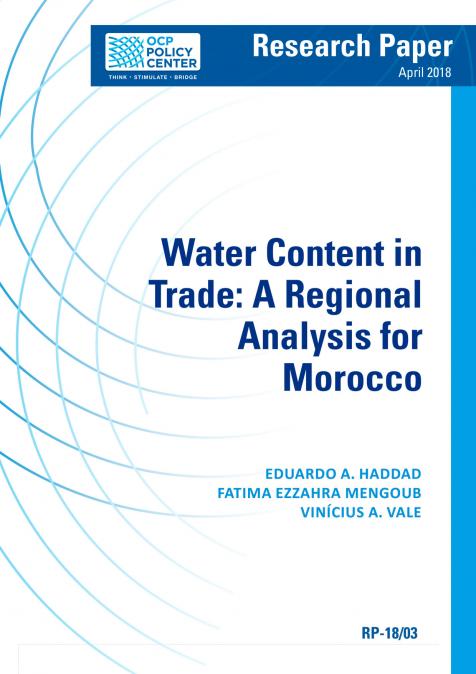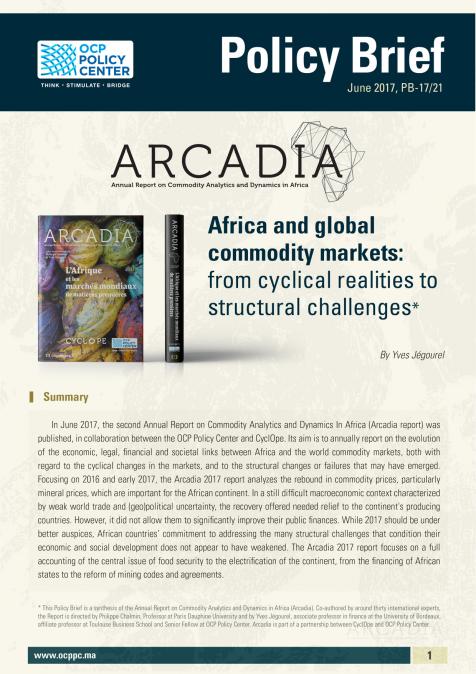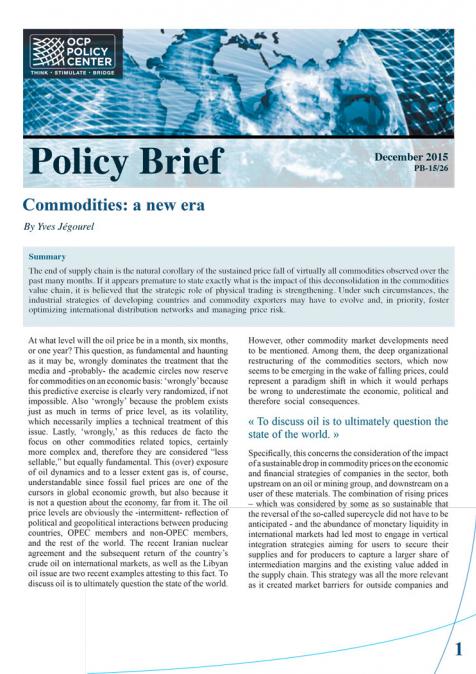Otaviano Canuto, Policy Center for the New South The conceptual framework of natural wealth that we approached in the previous video may be illustrated with cases drawn from Sub-Saharan Africa. With at least 250 million inhabitants in resource-rich African countries, natural assets are responsible for more than 80% of exports and 50% of government revenues in the region. As such, the high concentration of resource-rich countries in the area allows for direct comparisons with their resource-poor counterfactual regional neighbors. We compare rates of economic growth, poverty reduction, governance, and sources of productivity growth. Finally, we contrast the pictures of resource-rich and resource-poor countries during the commodity boom with the current one during the pandemic crisis.









